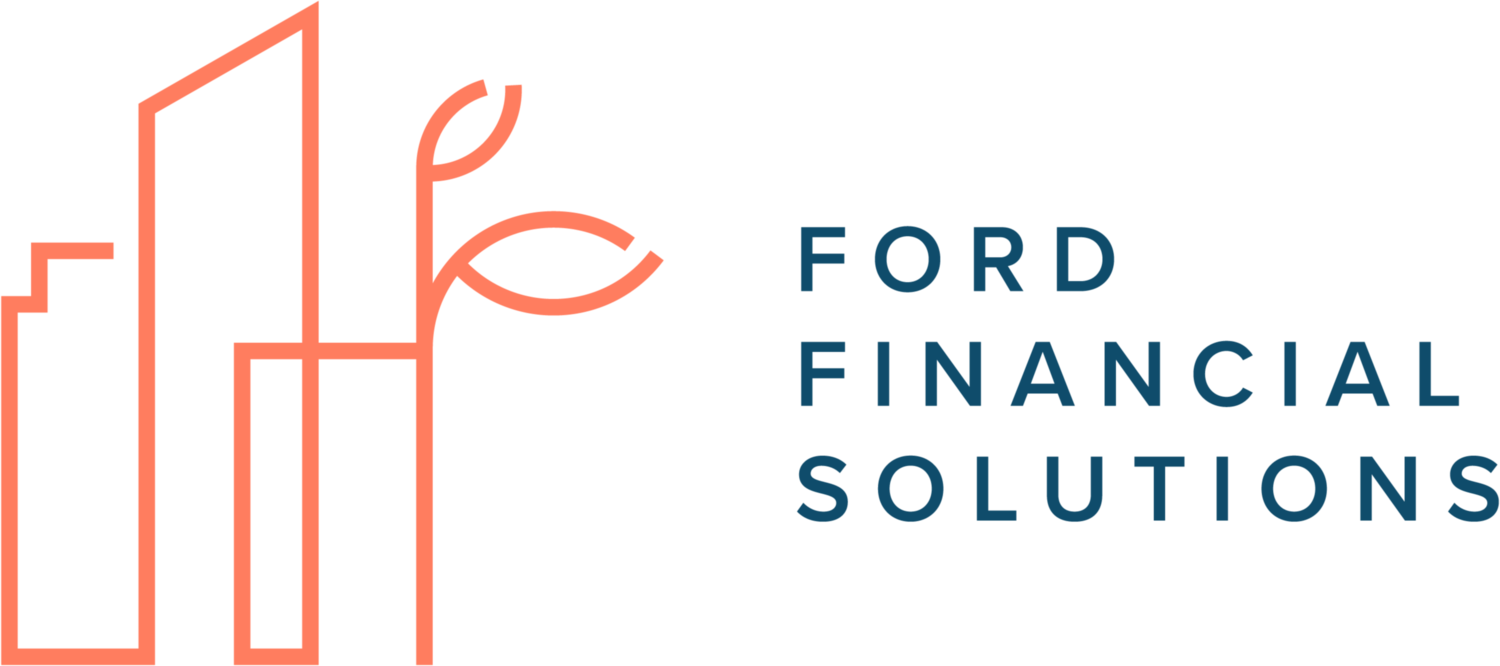personal finance Books
THE MILLIONAIRE NEXT DOOR. A classic personal finance read. The book relies on extensive research to explore the habits of those who have successfully built and maintained wealth. These are not the names and faces you see on TV, but the average unassuming couple living next door living a modest lifestyle and driving a used car. Check out our full review of the book here.
THE OPPOSITE OF SPOILED. A must-read for any parent. NY Times money columnist Ron Lieber equips parents with practical advice about raising kids who are "grounded, generous, and smart about money.”
THE ONE-PAGE FINANCIAL PLAN. One of the most accessible and to-the-point personal finance books we’ve read. If you want to dive deeper into financial planning and prefer a DIY approach, this is worth your while.
GET A FINANCIAL LIFE. An excellent read for graduates or any young professional in their 20s and 30s. This book provides comprehensive Personal Finance 101 advice with easy-to-follow guides and tips.
MAKE YOUR KID A MONEY GENIUS (EVEN IF YOU'RE NOT). An excellent read for parents of kids age 3 to 23. The book is laid out by age so you can conveniently flip to the appropriate section for your stage of parenting.
financial Tools and Products
Life insurance: It's becoming easier to get life insurance online through platforms such as POLICYGENIUS. If you're in good health currently and have a clean medical history, you can get term life insurance quickly. For those who prefer having the guidance and personal touch of an insurance professional, seek out an independent agent.
Robo-advisor: BETTERMENT and WEALTHFRONT. Robo-advisors are our preferred method of investment management for most investors in their 20s and 30s, and these are my top two picks. For a small fee (0.25% annually for both Betterment and Wealthfront), the robo-advisor automatically invests your money and rebalances your portfolio according to criteria you define — a time-efficient and cost-efficient solution for investing.
Bank: CAPITAL ONE 360 and BARCLAYS. For new high-yield savings accounts, Capital One 360 and Barclays are two options that consistently pay competitive interest rates. They also allow you to open multiple accounts so you can keep your cash organized according to goal (like emergency savings, down payment savings, retirement, baby savings, vacation fund), which we highly recommend doing. Both banks have convenient online tools for easy transfers, and neither bank has monthly fees or account minimums for their savings accounts. Capital One is also great for checking accounts.
personal finance Blogs and columns
NERDWALLET. The go-to site to learn about personal finance and compare financial products.
YOUR MONEY in The New York Times. Anything by Carl Richards or Ron Lieber will be insightful and well worth your read.
STUDENT LOAN HERO. Questions about student debt? Student Loan Hero is a great resource with loads of helpful information on everything from refinancing, consolidation, default and repayment strategies.
DAUGHTERHOOD. If you’re struggling to navigate the care of your aging parents, Daughterhood is an amazing resource and community just for you.
how to find a financial planner
If you need guidance on your financial roadmap or managing your money, a financial planner can help. I recommend finding an advisor who:
Is fee-only, compensated only for their advice (and not on product commissions),
Holds the CERTIFIED FINANCIAL PLANNER® (CFP®) designation; and
Is held to a fiduciary standard.
Two great resources for finding fee-only advisors who adhere to a fiduciary standard are the XY Planning Network and NAPFA.






